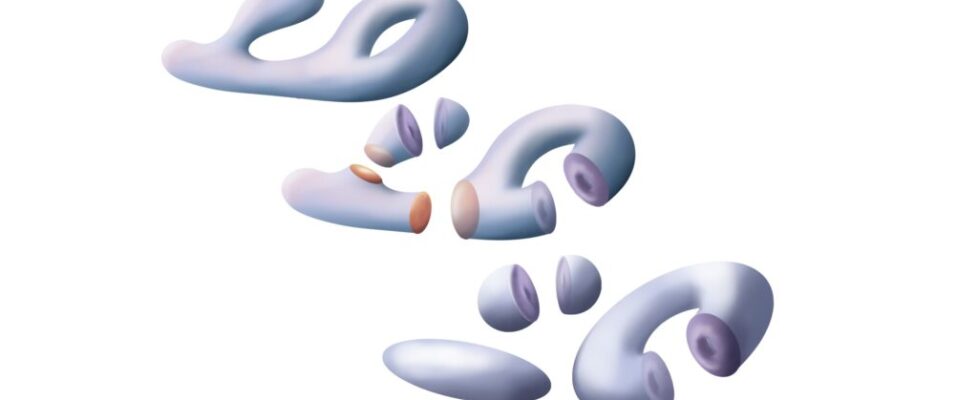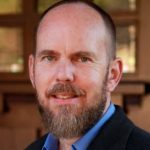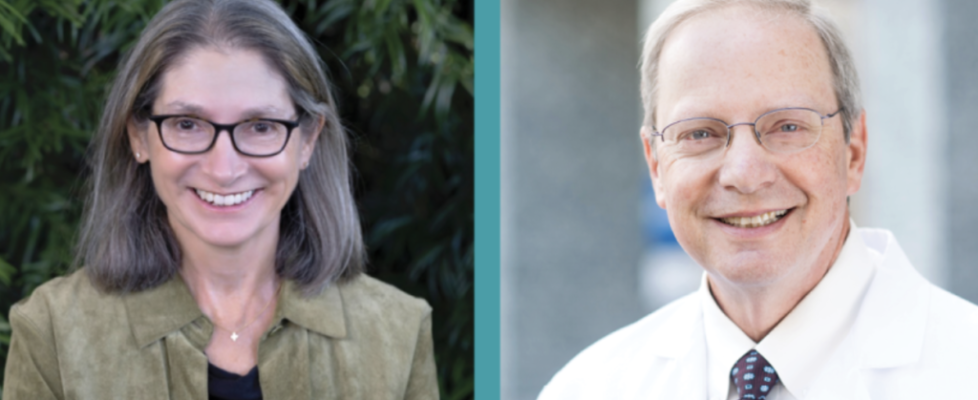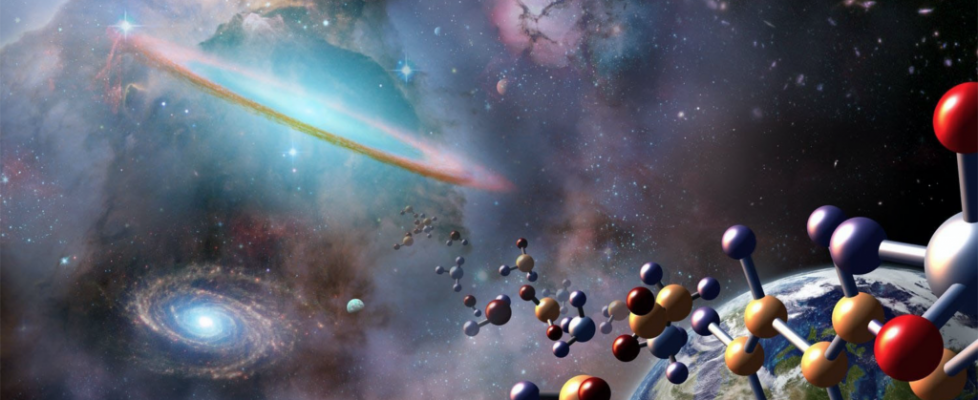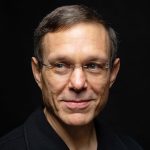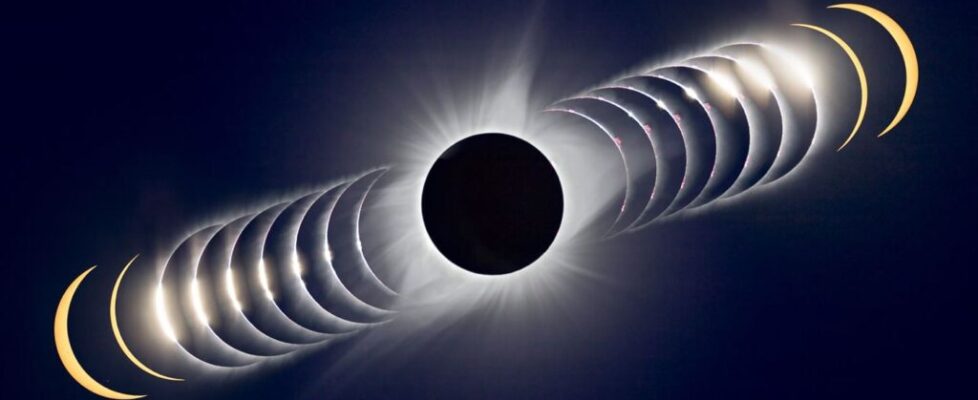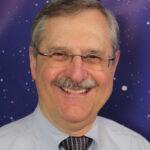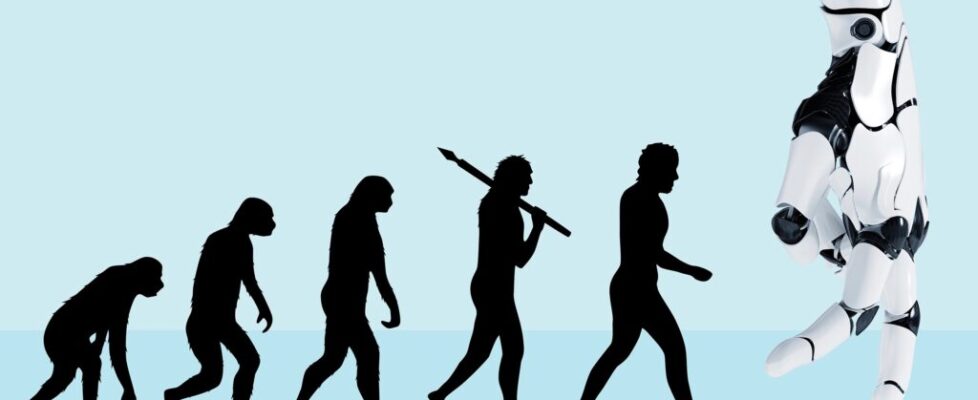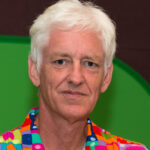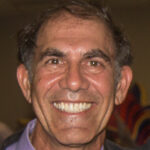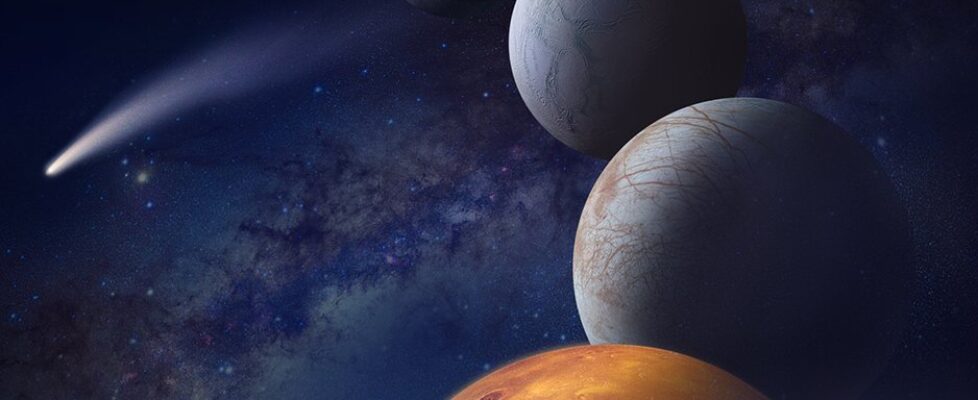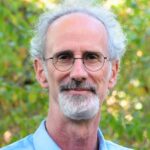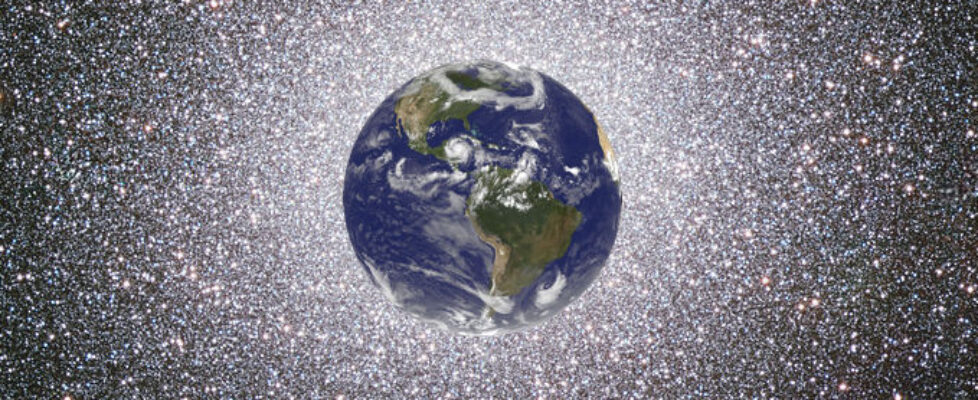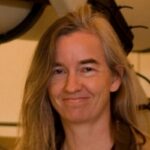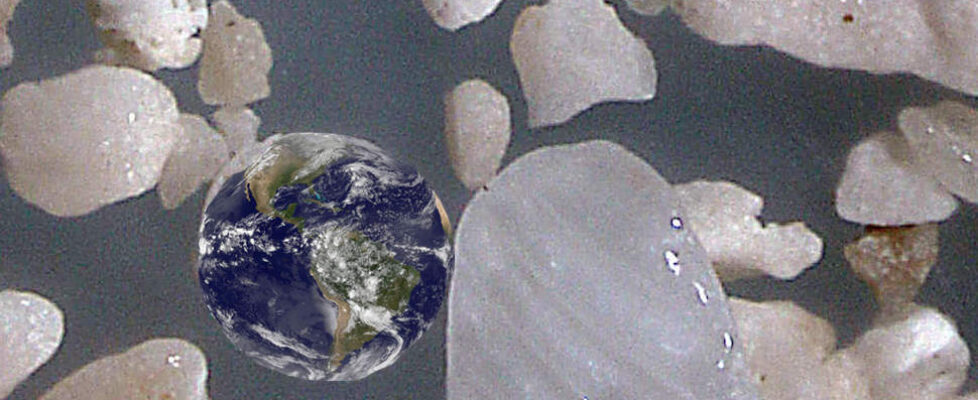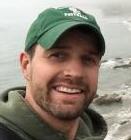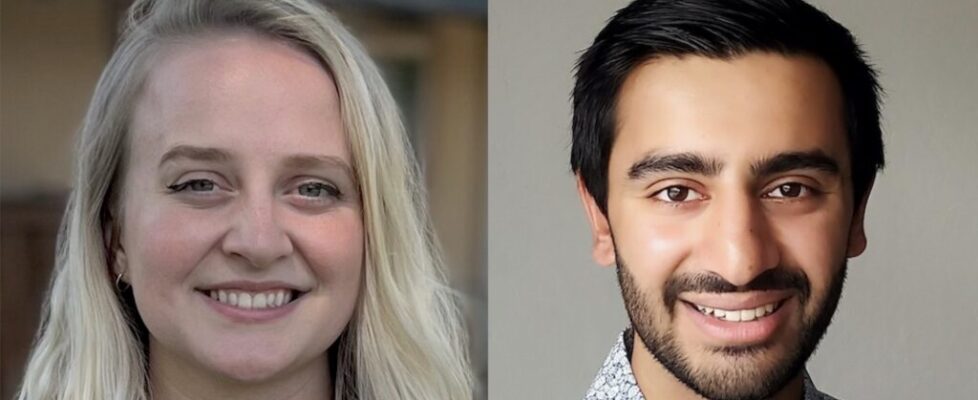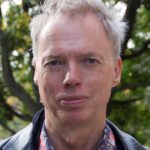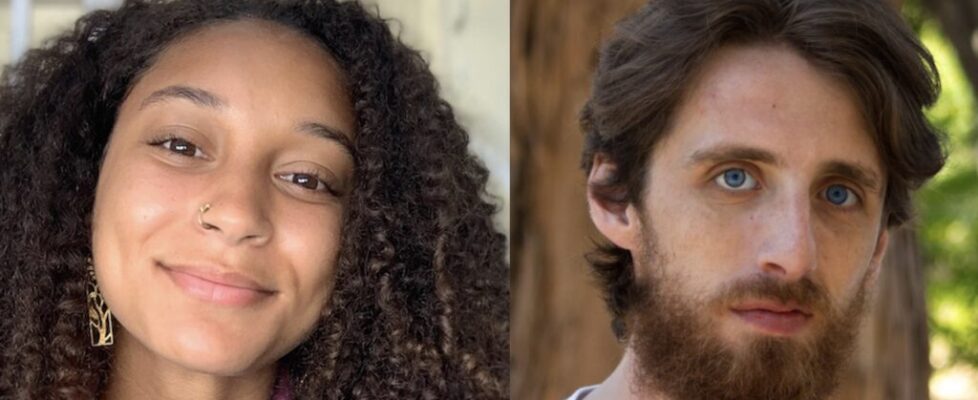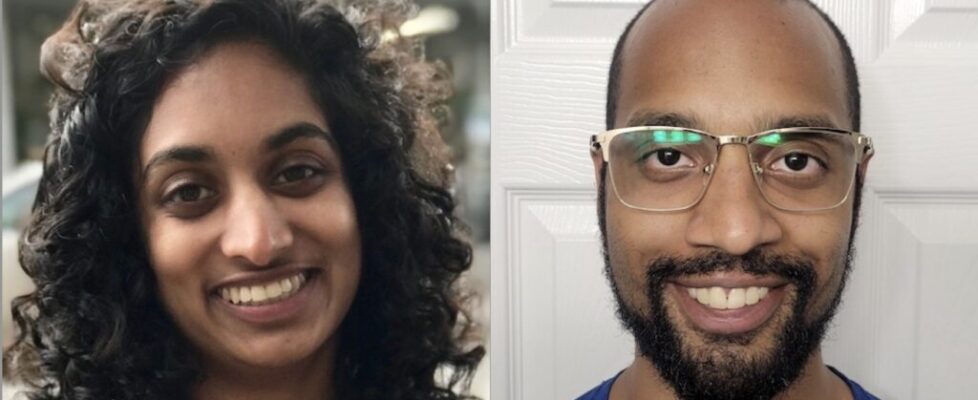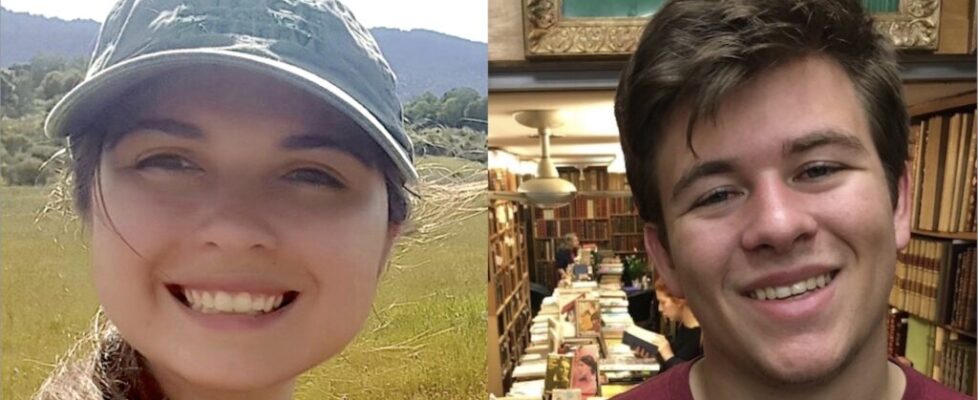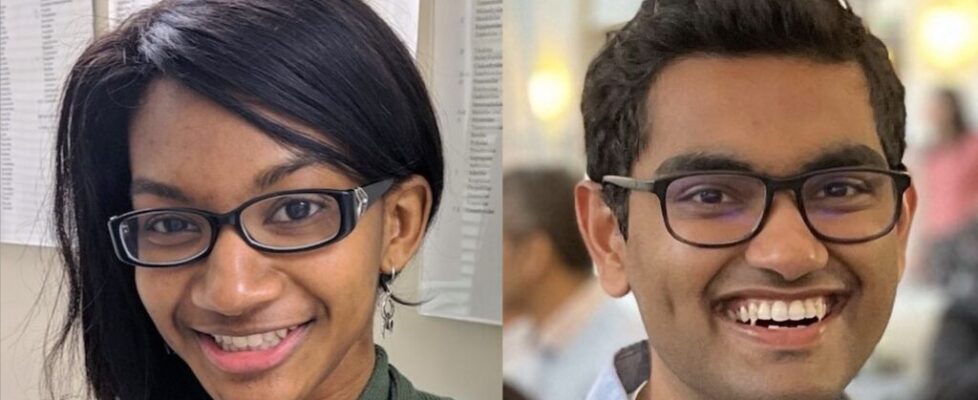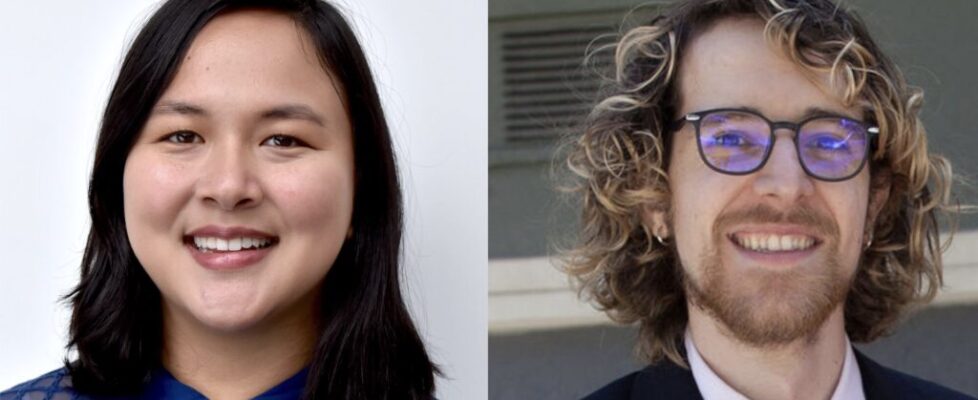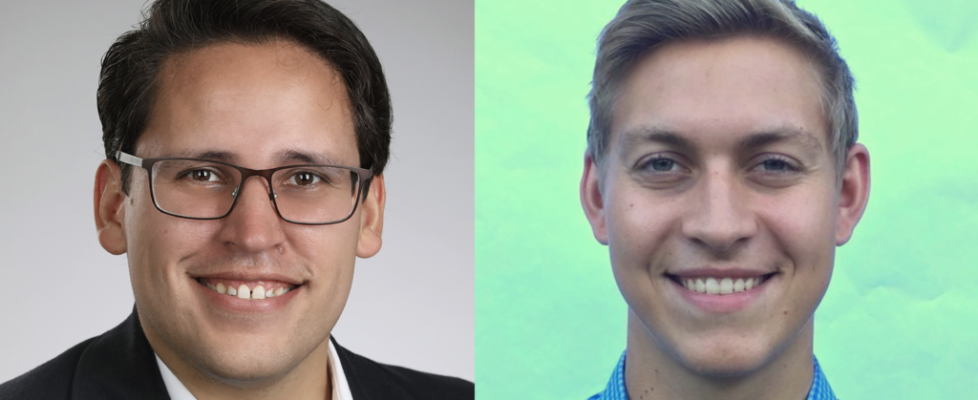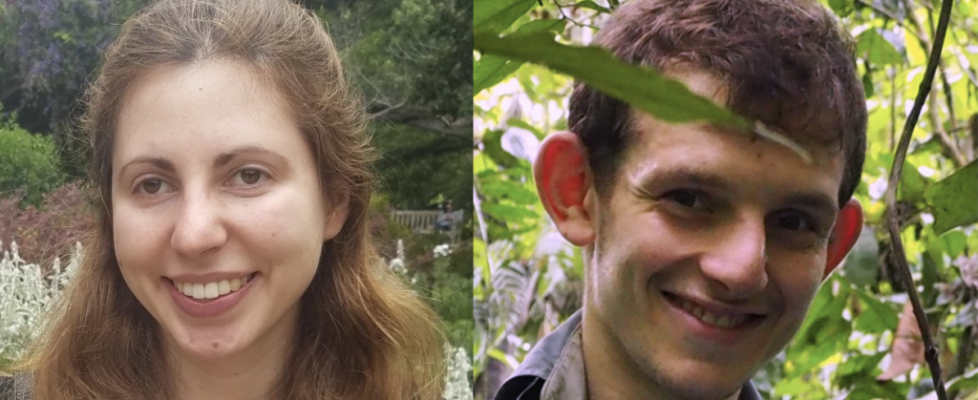Poincaré Beauty – Sep 24
At the turn of the new millennium, a renowned mathematics institute pledged $7 million for the solution of seven special math problems, $1 million each. Only one of these seven Millennium Prize Problems has been solved. That problem, originally posed over a century ago by Henri Poincaré, asked a deep question about the nature of 3-dimensional space. Its resolution opened our (mathematical) eyes to the beauty of 3-dimensional universes — filled with curved geometries, wormholes, and a whole lot of pretty math. This presentation, assuming only a high school math background, will explore the beauty of these spacey ideas in mathematical topology.
Our speaker, Dr. Steve Trettel, is Assistant Professor of Mathematics at the University of San Francisco. He is a geometric topologist who loves computer graphics and a good bike ride.
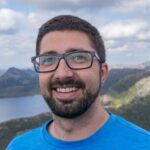
Dr. Steve Trettel
San Francisco Public Library
This free event is produced by Wonderfest and by the SF Public Library. In the Eventbrite space below, please consider a donation to help nonprofit Wonderfest in its mission of science outreach.

